Westerners, Zourabichvili, and failed coup in Georgia Article by Vladimir Tskhvediani
Another attempt by the pro-Western opposition to stage a coup on October 4, 2025—by declaring the creation of a so-called "National Assembly" with a "transfer of power to the people" on Freedom Square, led by opera singer Paata Burchuladze, and attempting to seize the presidential palace—ended in failure. On the night of October 4–5, 2025, law enforcement authorities arrested the key organisers of the coup, including Paata Burchuladze, Murtaza Zodelava, and Irakli Nadiradze. In the following days, additional "revolutionaries" were arrested: according to the Georgian Ministry of Internal Affairs, 15 individuals involved in the coup attempt were identified, of whom 13 were detained by court order by the evening of October 6.
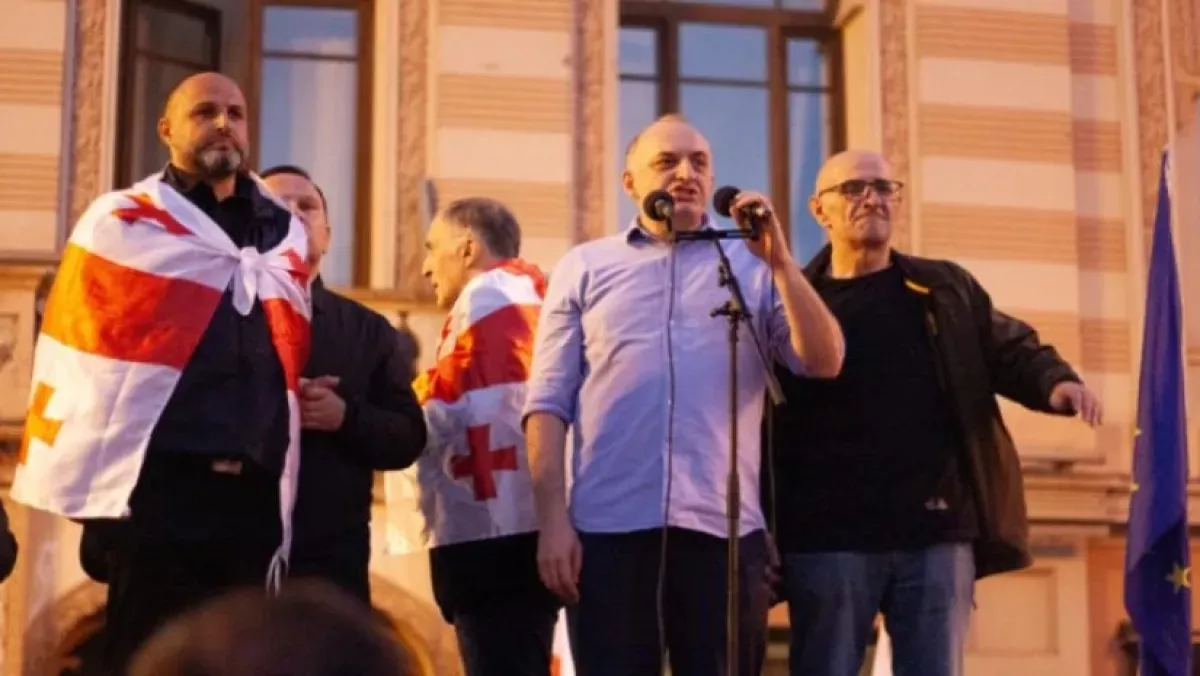
As a result, the Georgian pro-Western opposition became demoralised and turned to what it currently does best—internal squabbles, searching for those “to blame” for their failures, and pointing fingers at “Russian agents.” As an experienced diplomat and master of intrigue, former President Salome Zourabichvili was the first to distance herself from the failed coup attempt. Forgetting that she had, at the end of last year, called on schoolchildren to engage in forceful confrontations with the police, she emphasised that she has always supported exclusively “peaceful” protest. In effect, Zourabichvili accused other opposition figures who organised the storming of the presidential palace of being “Russian agents.”
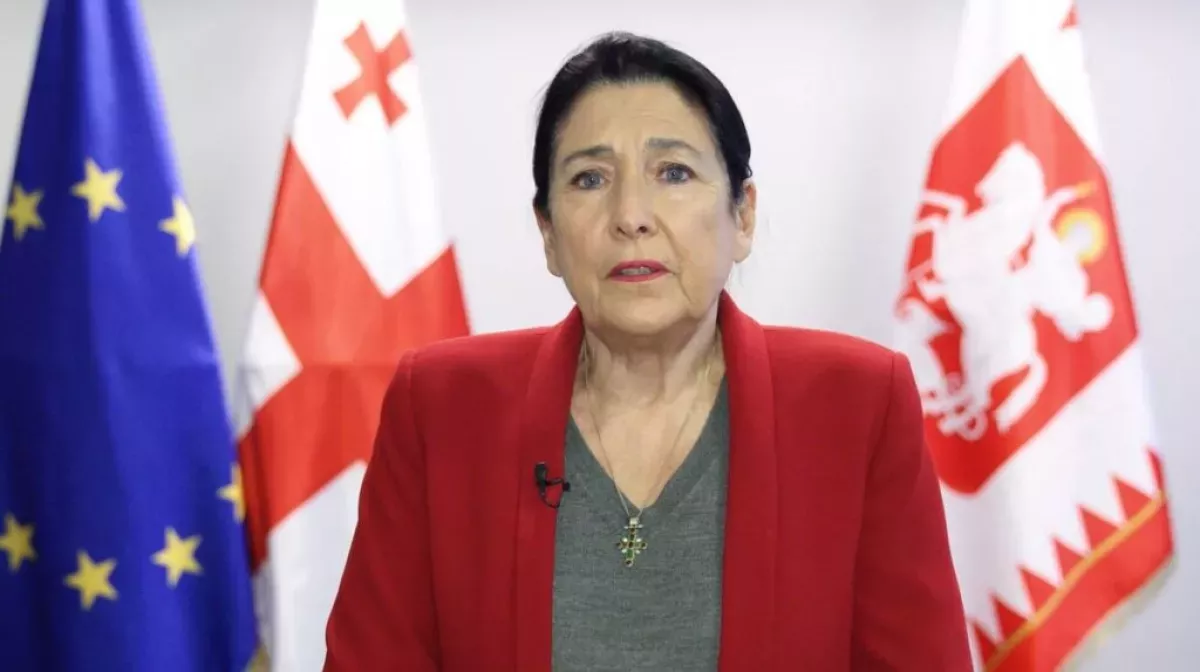
“This was a real Russian special operation, a long-prepared psychological operation, based on many different components… It played on the despair and fatigue that may have built up among the protesters, setting a kind of trap: the storming of the Presidential Palace. This trap was also about me because it directly undermines the president’s legitimacy – the legitimacy that truly remains and is recognised by the people,” Salome Zourabichvili stated.
However, the Speaker of the Georgian Parliament, Shalva Papuashvili, is convinced that Salome Zourabichvili herself—and naturally, her European and French backers—were directly involved in the coup attempt.
“She claimed it was not because the storming of the presidential palace was a crime, but because, in her view, the attackers thereby recognised the presidency of Mikheil Kavelashvili,” wrote Shalva Papuashvili on social media.
He emphasised that even after leaving office, Salome Zourabichvili continues to illegally use one of the presidential symbols—the presidential standard.
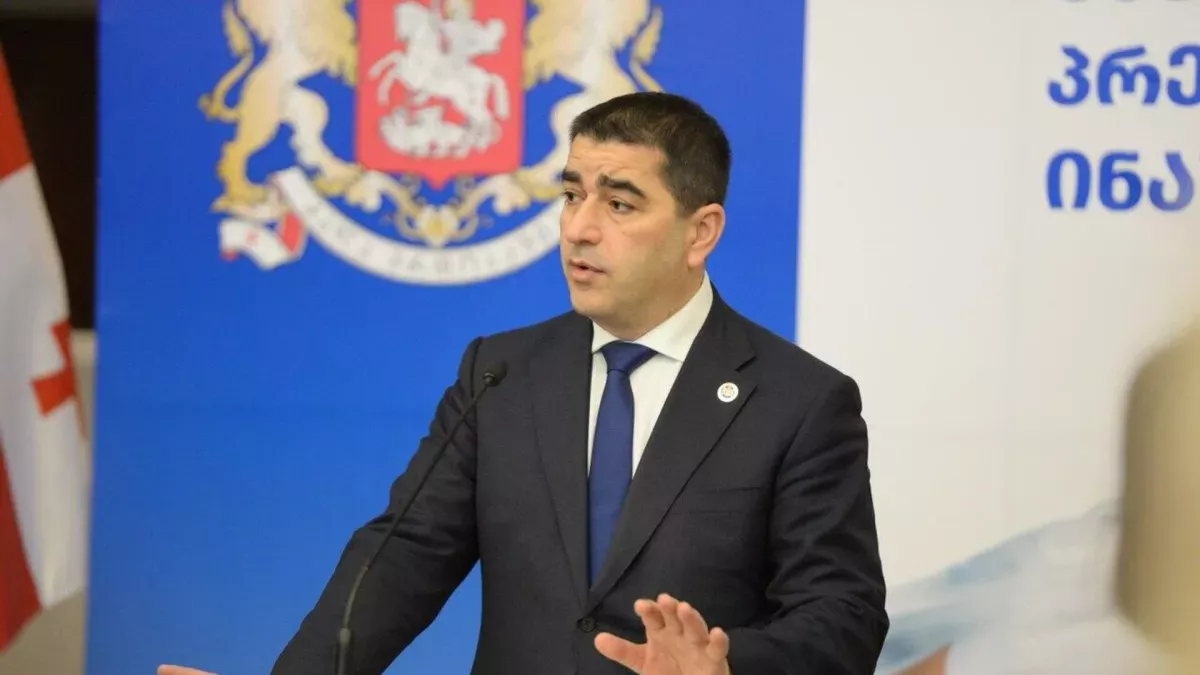
“Zourabichvili carries the presidential standard everywhere, using it as a symbol of ‘legitimacy.’ Such actions encourage radicals and prompted them to attack the presidential palace. The putschists were supposed to bring her there and thereby start a ‘revolution.’ The foreign patrons of these radicals are now obliged to share responsibility for what happened,” wrote Shalva Papuashvili.
The search for “traitors” and “Russian agents” also began within the party of another former president—Mikheil Saakashvili, the United National Movement (UNM). Even the UNM’s Deputy Secretary-General, Irakli Pavlenishvili, came under suspicion of working for the authorities, accused of having “sacrificed” two other party leaders—Murtaza Zodelava and Irakli Nadiradze—by allowing their arrests.
On October 7, 2025, the UNM issued a statement in which it also tried to distance itself from the attempt to storm the presidential palace, describing its own actions as solely a “peaceful demonstration” and the authorities’ actions as “repression against innocent patriots.”
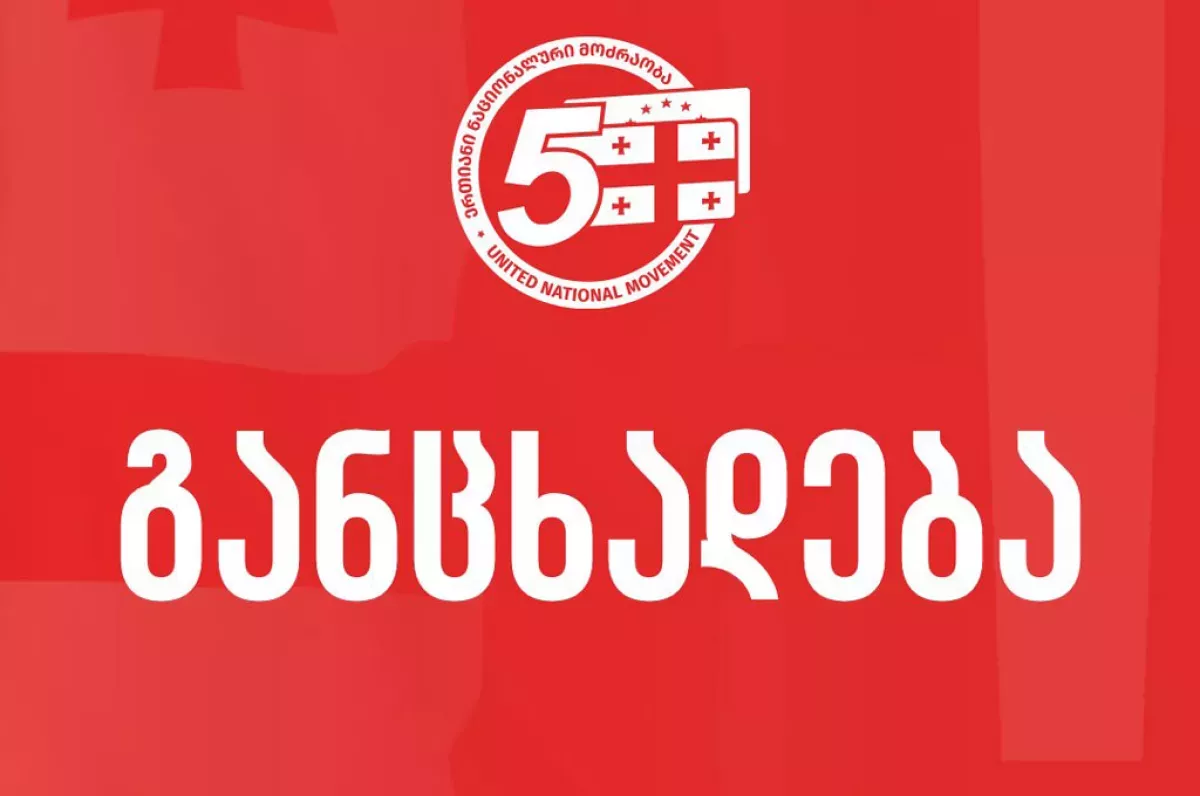
“Last night, the Russian criminal and treacherous regime detained 15 completely innocent, peaceful demonstrators, among them four members of the United National Movement: Aleksandre Khabeishvili, Sergo Megrelishvili, Abo Naveriani and Kakha Mzhavanadze. The regime’s aim is to intimidate patriots, but they do not understand that the Georgian people will never submit to Russian rule,” the party said in a statement.
In practice, after the failure of the “revolution” the opposition has fully adopted the rhetoric of its actual patrons in the EU. In Brussels they initially tried to push the situation in Georgia towards a violent confrontation, but after the failed attempt to forcibly seize power they again began to emphasise the “peaceful” nature of the protests.
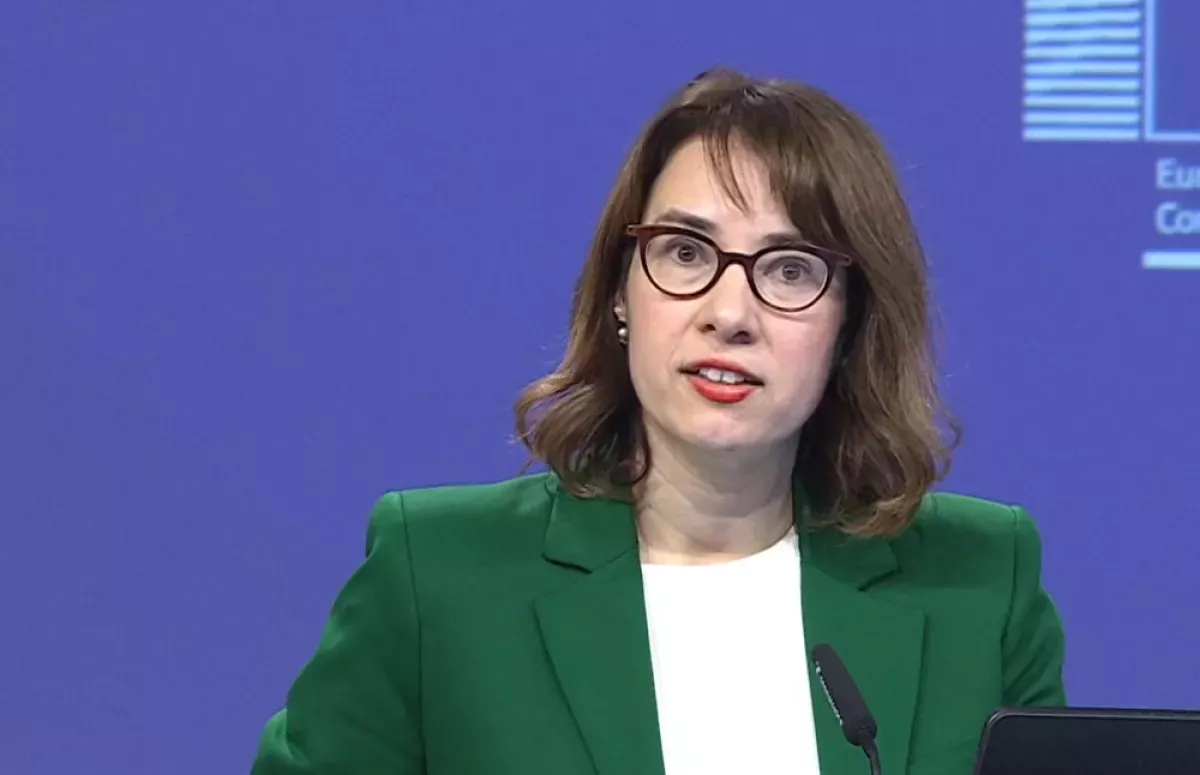
“We condemn any form of violence from all sides. The EU has always called for peaceful protests, peaceful demonstrations throughout as a general right, but we condemn any form of violence,” said European Commission representative Anitta Hipper following the events of 4 October in Tbilisi, while at the same time accusing the Georgian authorities of “an extensive crackdown on media, civil society, and opposition parties.”
In the wake of the radical opposition’s failure, more “moderate” parties — Lelo For Georgia and Gakharia For Georgia — have been given a chance to win over the sympathies of those who are disillusioned with the “revolutionaries” but are also dissatisfied with the incumbent authorities. At the same time, the Gakharia For Georgia party explicitly stated that it regards not only the ruling Georgian Dream but also the radical opposition United National Movement as its main political rivals.
“Georgian Dream and the National Movement share a single goal — to remove Gakharia For Georgia from the political field, because if anyone can free the citizens of Georgia from the grip of these two radical forces, it is our team. Having gone through this inevitable stage of struggle, we will continue to act with a renewed plan,” said Georgy Sharashidze.
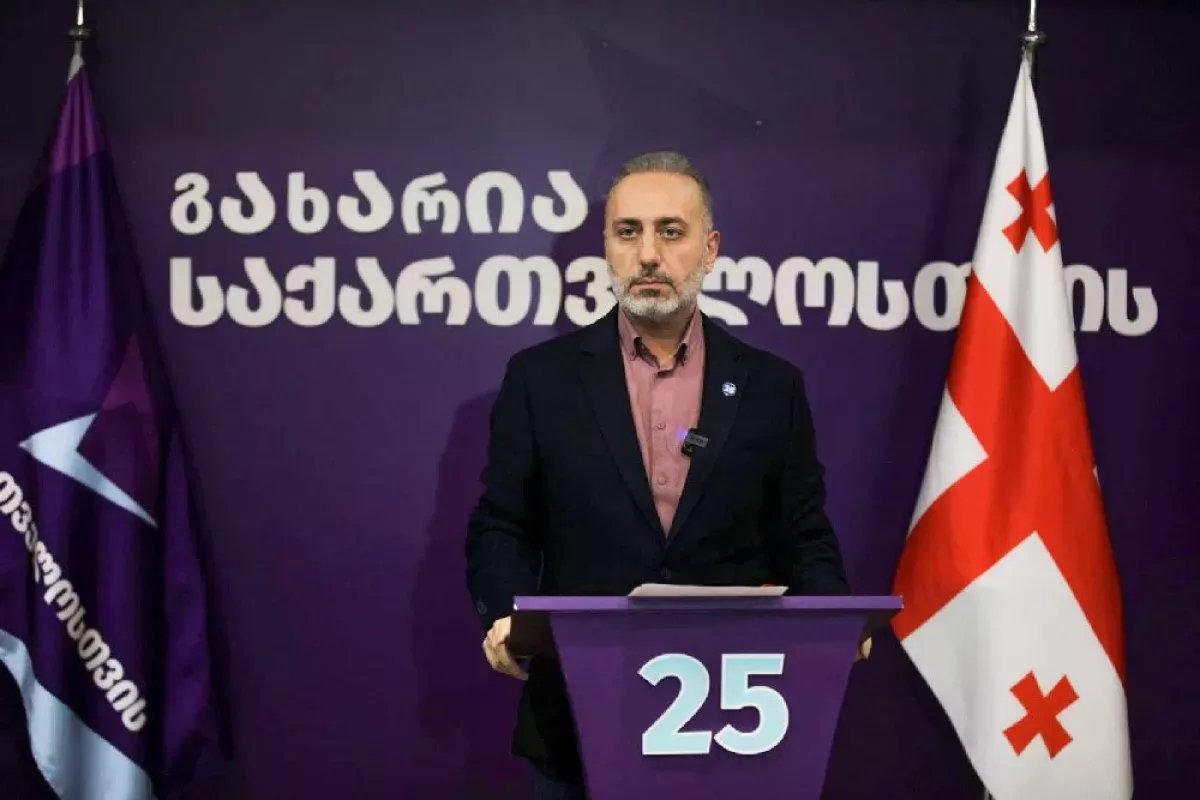
He also indicated that his party is ready to enter parliament and take the seats “due” to it following the parliamentary elections of 26 October 2024.
“The parliamentary boycott was a mistake on our part. Although there are several ways to correct it. In the near future, we will seriously analyse the current processes and make the appropriate decision,” Georgy Sharashidze noted.
The deepening split within the opposition not only reduces the likelihood of a new “Maidan”-style uprising or coup attempt, but also gives the ruling Georgian Dream party more room to focus less on political infighting and more on the economy and large-scale investment projects. This is particularly important for Georgia today, given its key position in the strategically vital Middle Corridor for the whole of Eurasia.
By Vladimir Tskhvediani, Georgia, exclusively for Caliber.Az








